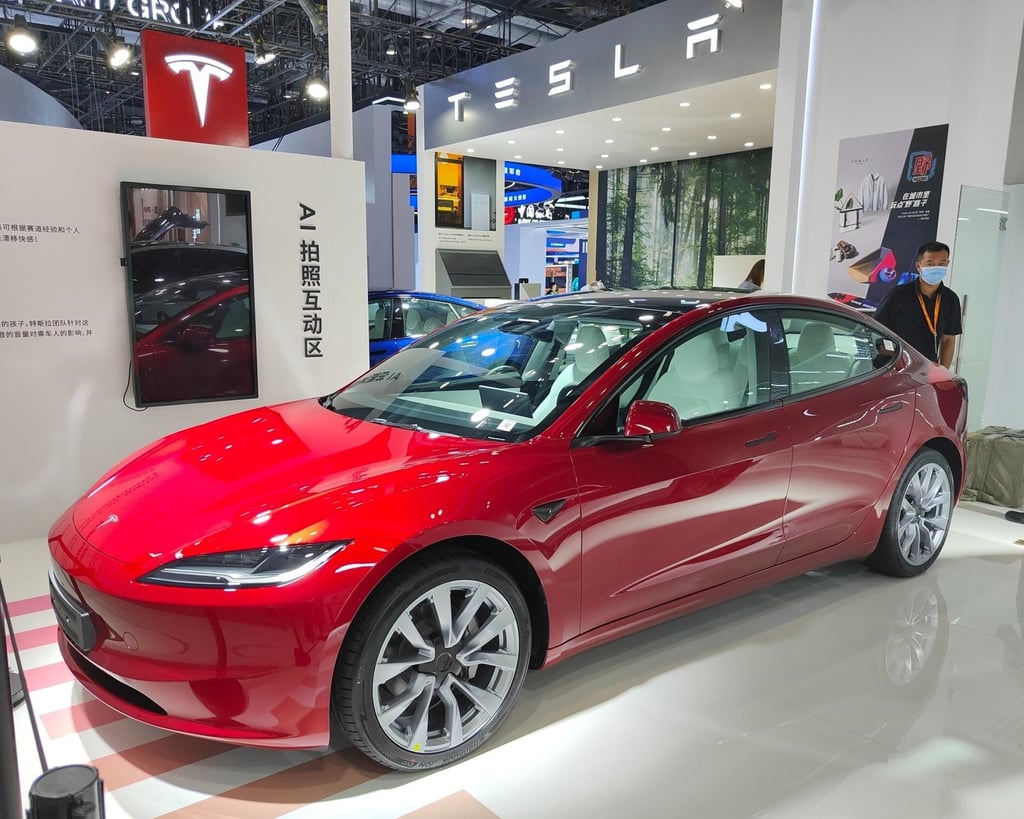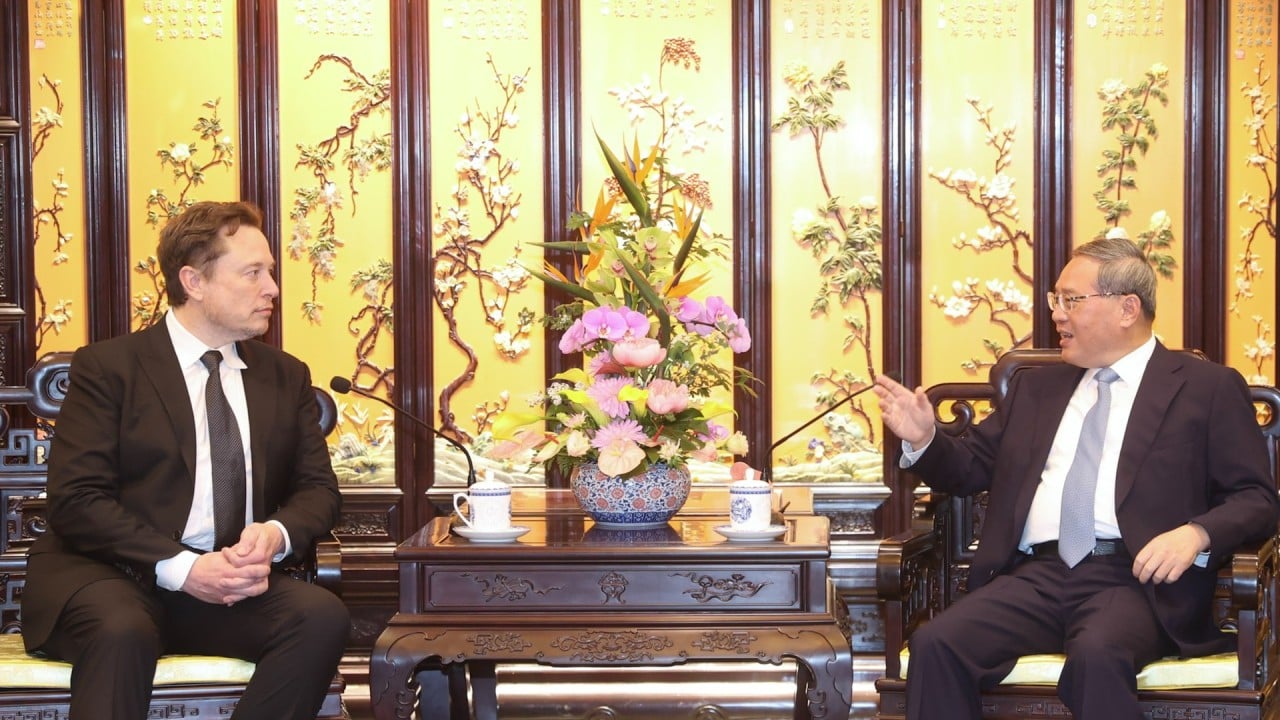Tesla fan Vishal Gondal from Mumbai said he pre-ordered a Tesla Model 3 in April 2016, excited about the car’s “cutting-edge EV technology.”
Gondal, the founder and CEO of GOQii, a healthtech start-up, expected to wait one to two years for the car. But nearly eight years later, he still had not received it, and he had not received any direct updates from Tesla on the status of the delivery.
He said the only updates he got were “Elon Musk’s tweets and news stories hinted at a potential India launch, but nothing concrete.
“Even now, there is no official communication from Tesla on the India launch,” Gondal said.
Eventually, he decided to give up and buy an electric SUV from German carmaker Audi instead. He says he’s “very happy with the car and the service Audi is offering.”
Gondal is one of the Tesla fans in India who pre-ordered the Model 3 in 2016 and were left hanging for years for cars that never arrived.

A receipt of his order came with a note that read: “Model 3 production is scheduled to begin in late 2017. North American deliveries will be first, followed by Europe, Asia and Pacific countries, then countries with right-hand drive configurations.”
Gondal says he wasn’t given confirmation on how much the car would cost after taxes, or when exactly it would be delivered, but he paid a deposit for it anyway.
“I initially expected to wait one to two years but ended up waiting nearly eight years with no car,” Gondal said.
Musk’s EV company invited Indian customers to pre-order the new model in 2016 with a US$1,000 deposit.
Another customer, Mumbai-based designer Hemant Suthar, waited six years before getting a refund in 2023, the Associated Press reported.
Gondal said that he was still a fan of Musk and admired Tesla’s innovation, but the experience has made him more cautious.
“I would consider purchasing a Tesla in India only if there were a clear and reliable market strategy with strong customer support and when I see the car in India with my own eyes,” he said.
Getting his deposit back, however, was a bit of a task, Gondal said.
“Tesla required a lot of documentation, and after extensive follow-up, I was finally able to trace the refund transaction at my bank,” Gondal said. “It wasn’t easy, but persistence paid off.”
In January 2022, Elon Musk said that Tesla was “still working through a lot of challenges” with the Indian government – one of the bugbears being the high import taxes it imposed on electric vehicles.
But in March, India did hand Tesla a big win. It lowered import taxes on EVs made by companies that commit to investing at least US$500 million and start domestic manufacturing within three years, per Reuters.
Under these new regulations, companies can import 8,000 EVs that cost US$35,000 or more yearly at a 15 per cent tax rate. That’s down from a 70 to 100 per cent EV tax, Reuters reported.
In April, Reuters reported that Tesla was planning to build a Tesla new factory in India as part of a US$2 to US$3 billion investment into the country.
Musk was expected to announce these plans on his trip to India in April. But Musk cancelled the trip that month, citing “very heavy Tesla obligations.”
Representatives for Tesla did not immediately respond to requests for comment.


